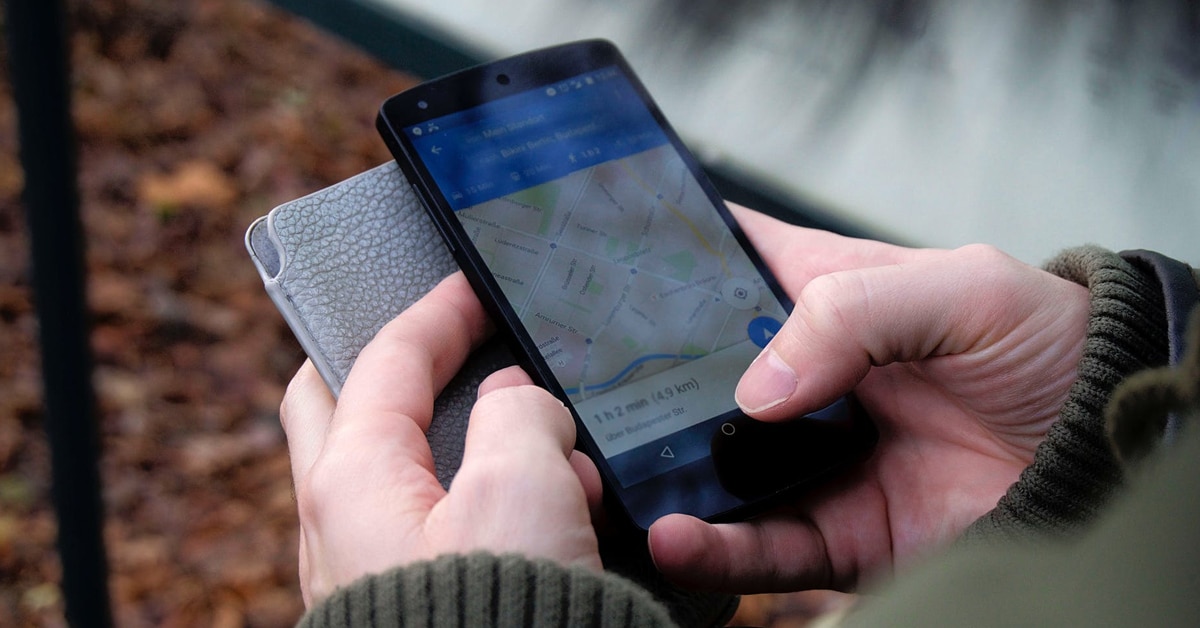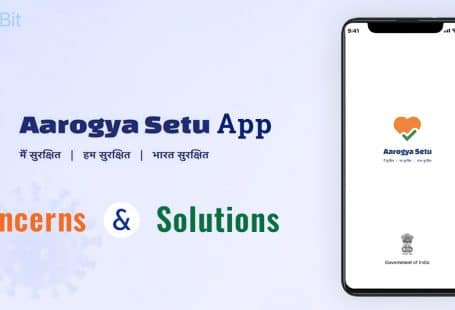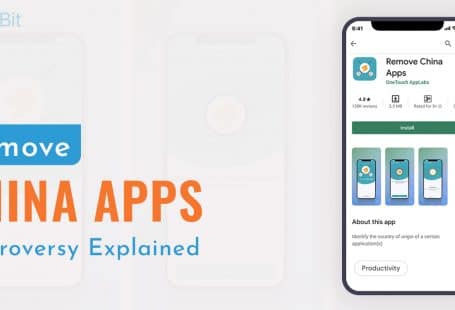Google and surprises go together. Over the years the company has masterfully developed state of the art operating systems. There is Android (And its many versions), and there is Chrome OS as well.
As per speculations, for the past few years, Google has quietly been working on another OS named Fuchsia, and people are wondering whether it is going to replace Android or not.
Fuchsia made its first appearance on GitHub in August 2016 but didn’t grab that many eyeballs back then.
Just like Android, Fuchsia is an open-source operating system. But there is a fundamental difference between the two. Unlike Android or Chrome OS that is built on the Linux kernel, Fuchsia is based on Google’s microkernel called “Zircon”.
The excitement around Fuchsia
It sounds almost outrageous, but there are people who believe that Fuchsia will replace Android. As expected, Google has been debunking such rumors. So at least in the immediate future, nothing of that sort will happen.
People are postulating that smart home devices will be the first to use Fuchsia, followed by Laptops and smartphones. So Fuchsia might be the key to achieve the goal of IoT, which is to establish the ubiquity of smart devices.
Just think of a milk carton kept in your fridge, which itself will order a carton from Amazon when the milk is about to finish. To add to that, your order will be delivered by a drone. So this is the kind of automation we are talking about. Absolutely incredible, isn’t it?
Google being Google, is simply preparing for this paradigm shift with Fuchsia, as it may play an integral part in creating the future ecosystem for smart devices.
The OS also supports Dart and Flutter. For those who don’t know, Dart is Google’s own scripting language, which powers various programs of the company, like AdWords. Cross-platform applications are written in Dart using a tool called Flutter.
Clubbing together Fuchsia, Dart, and Flutter, we might be the seeing the future of application development. Flutter also is in its nascent stage, so all three of them may be a part of a grander plan or Google’s master plan so to say.
Google might be planning to unify Chrome OS and Android to defragment its audience. It might be trying to achieve that by introducing Fuchsia. Also, efforts are being made to make Fuchsia compatible with Android apps.
The experience of using Fuchsia
Although Fuchsia’s UI “Armadillo” is in nascent stages, it does have some impressive features. The home screen has a vertical scrolling list. There is a profile card at the bottom of the screen comprising of basic settings, date, and time.
You won’t find any apps for now, and if you will select an item from the scrolling list then a placeholder will appear. The most impressive is the multitasking feature. Just by dragging one app into another, you can split the screen, with apps taking the bottom and top portions of the screen respectively.
If you want to add more apps to the group and want to use them all at once, you just need to tap on the home button and drag the apps into the group. The screen will split accordingly.
You can change the layout of the group as well, in case you want a particular app to cover the maximum part of the screen.
Closing Thoughts
Android remains the world’s most popular operating system, and it is likely to remain that way in the coming time. Though it seems risky to break one’s own market by asking users to leap into another OS, Google has done that in the past. It competes with itself.
As mentioned earlier, Google might introduce Fuchsia gradually to the smart-home market, to pull in some early adopters. Later, it might make a transition into other segments.
It will work in their favor if they keep the UI as recognizable as possible and make the OS compatible with Android apps. If Google achieves that, then the probability of backfiring is minimal.
As Fuchsia is still in the early stages, you won’t see it breaking into the mainstream market anytime soon. Though it might be pre-installed on a few devices.
That being said, speculations are many, and so are the questions. Whether you are Android enthusiasts or not, you might have an opinion on this. What according to you is Fuchsia’s future? Do you think Fuchsia will outperform Android? What are your inputs to make Fuchsia better?
Do give your responses in the comment section below.







